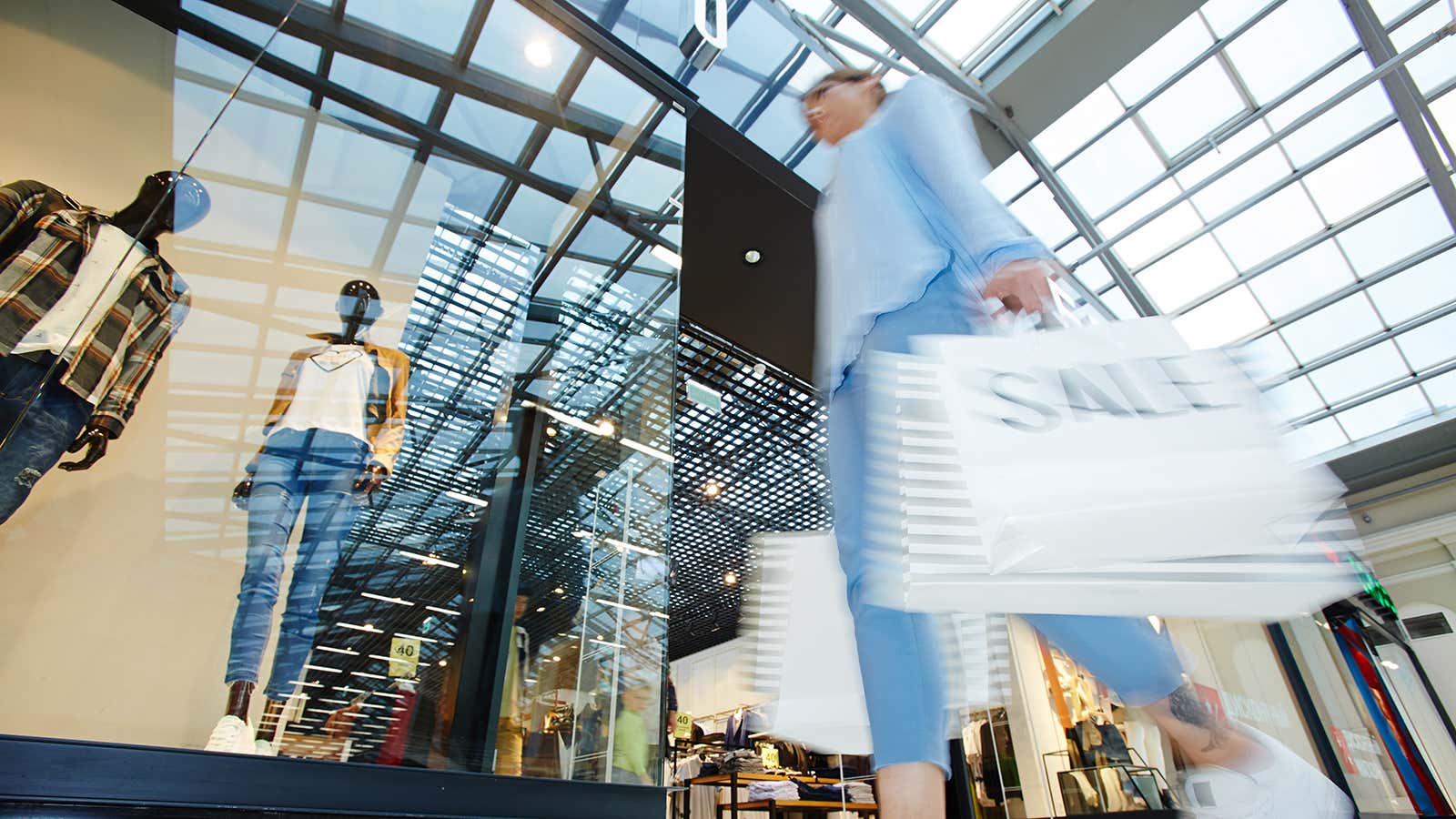While consumers are becoming increasingly aware of their energy usage, a Daily Telegraph and YouGov survey has found that energy awareness within companies is falling. Of the 752 businesses interviewed, it found that one-fifth spend more than £250,000 annually on energy, with only 40% talking to their employees about sustainability issues. This is compared to 68% in 2016.
Though some of this drop can be attributed to new headline-grabbing issues, such as the prevention of cybercrime and regulatory challenges, it is also linked to the close of the Energy Savings Operation Scheme in 2016.
The scheme, run by the Environment Agency to meet the EU Energy Efficiency Directive, required large companies to assess the energy used by their buildings, industrial processes, and transport in order to identify cost-effective measures. Since it finished, the number of businesses planning to generate revenue from surplus energy decreased by 10% year-on-year.
The survey also found that companies with plans to become energy self-sufficient plunged by nearly 20%. This is despite the fact that nearly half of energy decision-makers believe that the rising price of energy is more of a threat to business now than it was in the past. It seems that without specific targets to meet, some industries are reluctant to invest in sustainable practices.
Happily, not every sector is of this mindset. Retail is an exception and has proven that sustainable practices can lead to greater profits. From Marks & Spencer’s Plan A – that seeks to reduce, offset, and greenly source as much of its energy as possible – to Sainsbury’s Making A Difference directive, traditional retailers are turning challenges into environmentally friendly goals. And this isn’t just PR spin. According to independent experts from the Carbon Trust, “a 20% cut in energy costs represents the same bottom-line benefit as a 5% increase in sales.”
Green thinking permeates the industry: more than three-quarters of retail managers have some idea how their business buys its energy, while two-thirds believe that energy costs should be a board-level issue – notably higher than other sectors. The commitment to a comprehensive view of what energy efficiency involves is one of the reasons why retailers are far more likely to have a manager whose remit specifically includes energy.

Levels of employee engagement in the retail sector markedly outweigh those in manufacturing and hospitality. In manufacturing, only 15% of employees understand their company’s energy policy, whereas in hospitality and retail these levels reach 29% and 40% respectively. This engagement is key for Marks and Spencer, which is aiming to halve their energy usage by 2020. With the 2015 launch of the “Making Energy Matter” campaign, M&S empowered staff with information about the impact and effect of wasted energy, finding that they were more likely to do something about preventing it.
The distinction between the retail sector and other lagging sectors demonstrates a degree of complacency, which none can afford to maintain. Although each sector faces different challenges, energy efficiency is one that will affect both business development and profit alike. By working with a provider that understands industry-specific challenges, businesses can be better equipped to tackle them head-on. Overall, the retail sector offers a powerful example of how companies can adapt their business models to help reduce energy costs and improve self-sufficiency without damaging the bottom line.
Find out how your business can become energy-aware here.
This article was created for E.ON by Quartz Creative and not by the Quartz editorial staff.
